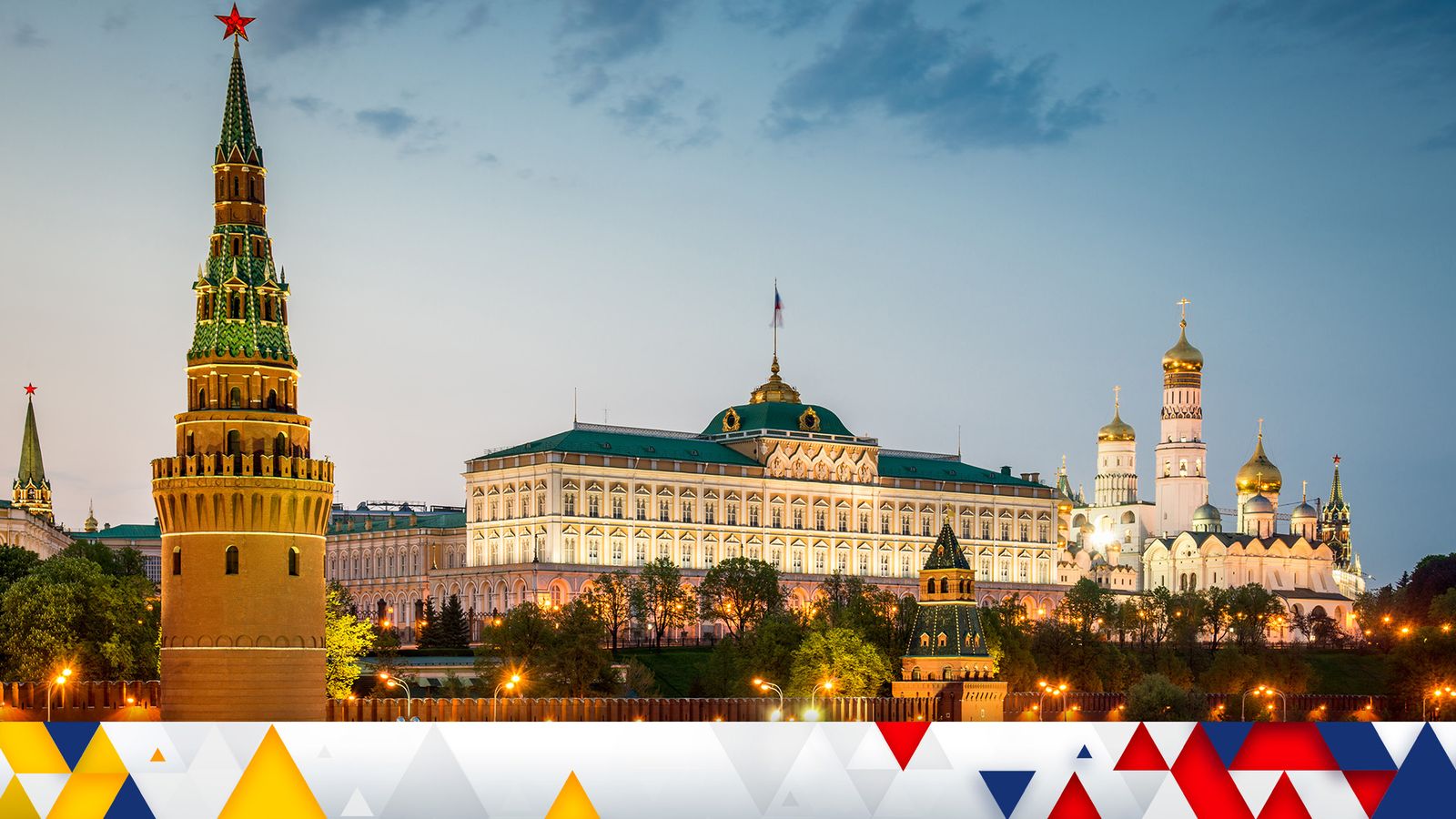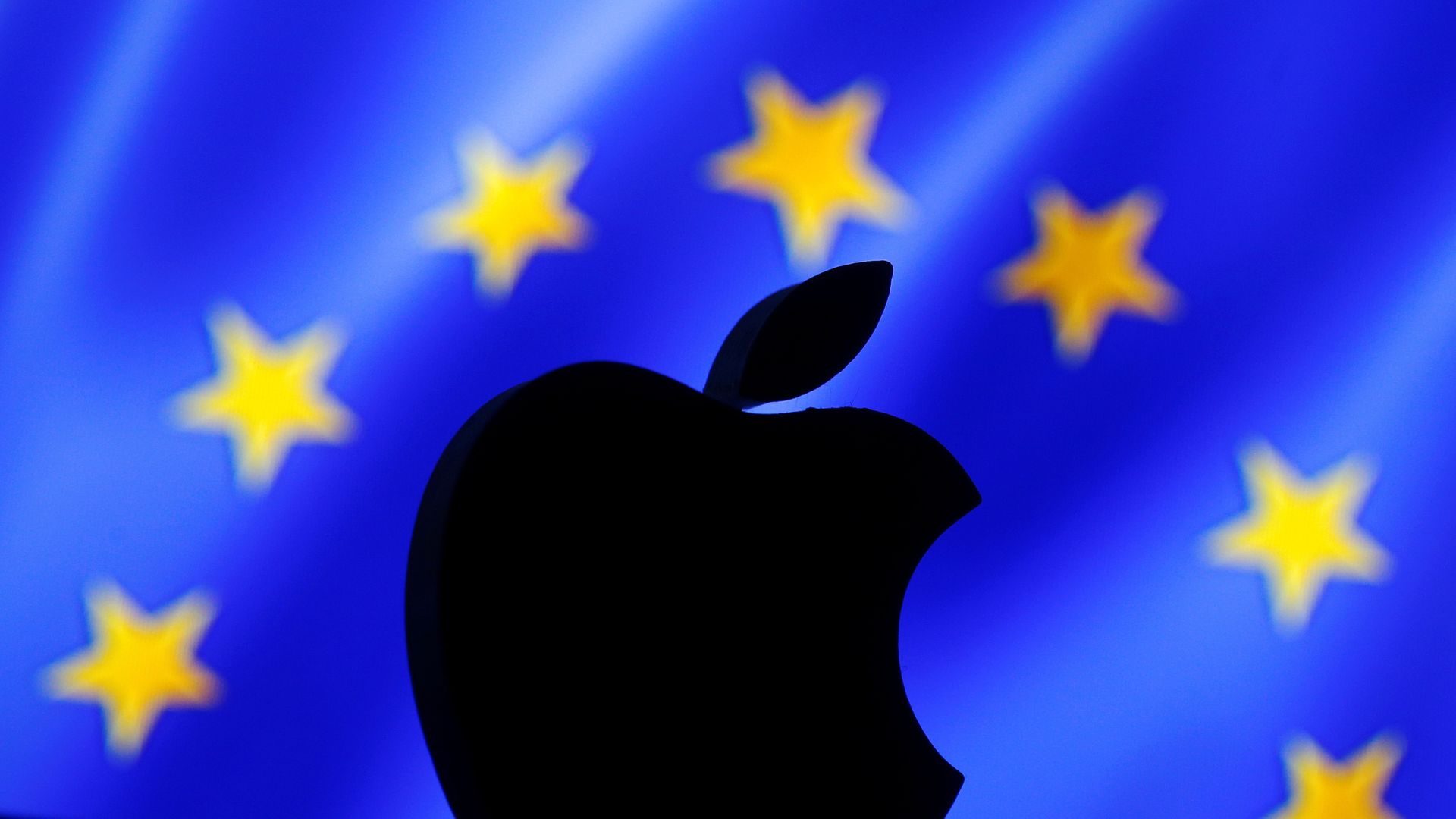Ratings agency Fitch has warned that Russia will soon default on its debts as sanctions over its invasion of Ukraine squeeze the economy.
It came hours before latest inflation data showed consumers in the country already being hit by surging prices as the rouble plunges – making imports more expensive.
Fitch slashed its rating on Russia’s ability to repay its debts to C saying a default was “imminent” – just seven days after a previous downgrade to B which saw the country lose its investment-grade status.
Six temporary ceasefires begin to allow people to leave bombarded areas – live Ukraine updates
Lower ratings signal to investors in sovereign bonds – small parcels of government debt – that these investments carry a higher risk of not being repaid.
That typically means that those investors will charge more interest to lend to that country.
The C rating in Fitch’s assessment brings it into line with an equivalent score by Moody’s, another leading ratings agency.
PMQS: Starmer calls for government U-turn on support for household energy bills as price hike set to bite
Ukraine war: Huawei UK directors Olisa and Cahn quit over stance on Russian invasion
Ukraine war: Pepsi penetrated the Iron Curtain five decades ago – but has now joined the exodus from Russia
Fitch said in a statement late on Tuesday: “The ‘C’ rating reflects Fitch’s view that a sovereign default is imminent.”
It pointed to a decree which could force bondholders in specified countries to be repaid in roubles rather than dollars or euros – an unpalatable prospect at a time when the Russian currency has sunk to record lows.
“Further ratcheting up of sanctions and proposals that could limit trade in energy increase probability of a policy response by Russia that includes at least selective non-payment of its sovereign debt obligations,” the ratings agency added.
Please use Chrome browser for a more accessible video player
Russia is due to pay $107m to bondholders on 16 March – though it will have a 30-day grace period to make the payments.
Meanwhile, figures on Wednesday from the country’s official statistics agency showed annual inflation topped 9% in January, its highest level in seven years, while the economy ministry said the figure was above 10% by the start of this month.
Prices on nearly everything from bread to fuel have spiked, with the cost of sugar and cereals – top products that Russians stockpile – showing some of the biggest increases.
The country’s central bank raised its key interest rate to 20% from 9.5% in an emergency move last week.
Read more: What sanctions have been imposed on Russia and will they work?
On Wednesday, the Russian parliament said it was ready to introduce proposals to regulate prices for food, medicines and other goods.
Separately, the government ordered the prioritisation of grain sales to domestic bakers in order to secure bread for Russians.
Western allies have cut major Russian banks off from the SWIFT messaging system enabling global payments and frozen its central bank’s assets while multinational companies from Mothercare and McDonald’s to BP and Shell are pulling out.
Follow the Daily podcast on Apple Podcasts, Google Podcasts, Spotify, Spreaker
On Tuesday, UK Prime Minister Boris Johnson said the “noose is tightening” as Britain and the US announced a further tightening of sanctions with plans to ban Russian oil imports.
President Joe Biden said the measures targeted the “main artery of Russia’s economy”.
Banks in Europe face major exposure to the financial fall-out from the invasion with Italy’s second biggest lender Unicredit saying a full write-off of its Russia business would cost it €7.4bn while France’s BNP Paribas put the total at around €3bn.








